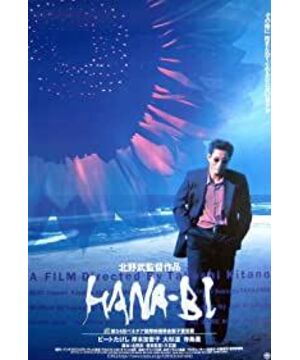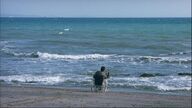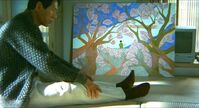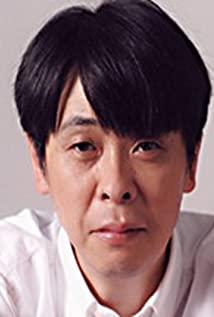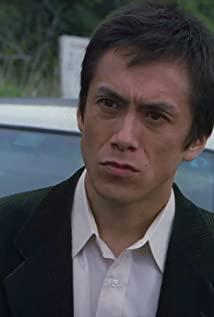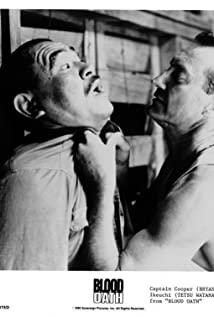Let’s try to summarize what screenwriters can learn:
First of all, in terms of character design, the police did what the gangsters should do; in terms of emotion, the tenderness of the iron man touched people's hearts; in terms of plot, a little bit of things happened behind him; in terms of story, after all the despair of love, family and friendship, the tragic to die.
There are many kinds of killers, and the challenge for the writers is to create a different one. "Pulp Fiction" is talkative, and "Leon the Killer" is a warm man, both of which can be regarded as innovations. The killer of "Hua Huo" is a person who is cruel and not innovative, followed by a killer who has changed from the police.
The second thing worth learning is telling stories without lines. The protagonist Xi Jiajing adds up to less than 20 lines, and the heroine has no lines at all. The protagonist has a total of three lines before entering the second half.
Third, it is worth learning about the delay and compression of time. In many literary dramas, the shot is very slow and long, and the time seems to be prolonged; but when it comes to martial arts, it ends without paying attention. The process of martial arts is really slow, like Gu Long's martial arts.
Fourth, the background music in many places is simply muted, leaving a lot of blank space, giving the audience room to fully mobilize their emotions.
Fifth, the use of imagery visual elements. Such as gorgeous fireworks, blizzard, waves, paintings, etc.
---Summary of the story
The film tells the story of a policeman who ends up committing suicide after a series of blows. The policeman Xi Jiajing first died of his son, then his wife was about to die from leukemia, then his colleague was disabled or died, and he was subjected to loan sharks and various debt collections... Under the heavy pressure, at the beginning of "The Endless Flower", he took the taxi Disguised as a police car, he swaggered to rob a bank, wounded and eventually killed the gang members who came to collect debts again and again, sent painting materials to a disabled colleague, sent a sum of money to a colleague's family, and finally and his wife who died soon. Suicide by the sea.
View more about Fireworks reviews


